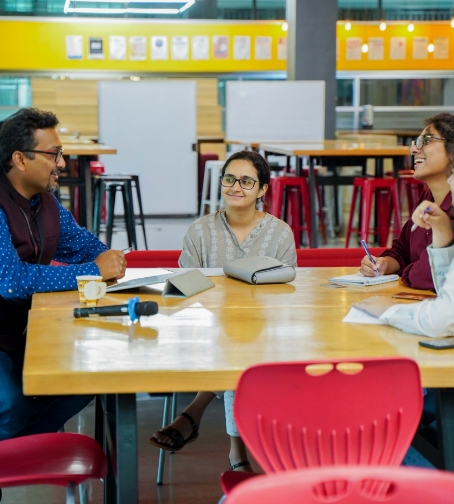
You can become a Visiting Teaching Scholar at Habib University if you have a Ph.D. in the relevant field or if you are a practitioner with extensive industry experience. You will have an opportunity to teach in-person or remotely.


As these are teaching-centric positions, the engagement would be typically for a semester or two. However, for short term modules, the engagement could also be between 4-8 weeks.


To become a visiting research scholar at Habib University, you must have enrolled in or completed a Ph.D. and have considerable published research in a relevant field.
As a Visiting Research Scholar, you will receive the following benefits.


You will be offered an engagement term of up to one year, subject to the nature of the research work.

The application process for the Visiting Scholar Program will be open throughout the year, for both Visiting Teaching Scholars and Visiting Research Scholars.
Applications must be submitted online on the University website. Applications will be reviewed by a committee, and the decision will be communicated via email.
Apply Now